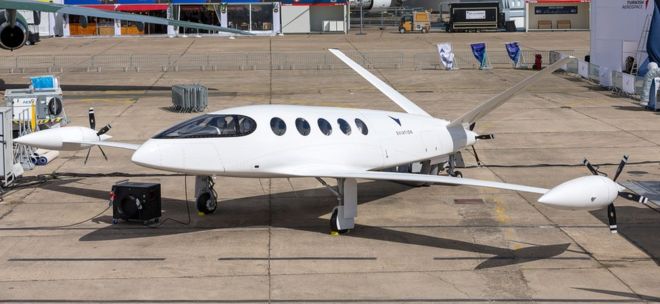Electric Transportation–In the Sky

Yes, small aircraft, whose total required on-board energy storage capacity is limited, is already in the process of phasing out internal combustion engines in favor of electric drive-trains. Such a migration will bring not only better safety, but far less noise. If you’ve ever sat in the front seat of a small plane, just a few feet from the propeller, or lived near a general aviation air field, you know what I mean.
For large commercial aircraft, we’re a long way from making this switch, as making progress in gravimetric energy density (kWhs/kg) is putting up a formidable barrier.

Craig,
Very interesting article. However, as usual, your optimism and enthusiasm, while admirable in intent, is a complete misinterpretation of the authors intent and wildly inaccurate.
There is no one “already phasing out internal combustion engines in favor of electric drive-trains in aircraft”.
A few expensive experimental aircraft and unproven prototypes signifies nothing more than exactly that, experimentation and research.
The problem for EV planes is the same as EV cars, ESD capacity, cost and weight. Currently ESD’s are chemically based battery technology. Battery technology has improved a long way in the last 2 decades, but is still a long way from storing the sort of power required for flight.
Just because a designer claims he’s received an order from a Airline, doesn’t mean hecan go into production and next week you can book a ticket on an EV flight !
Most Airlines would agree to buy EV technology as long as the aircraft can meet certain specifications. But that doesn’t mean those specifications can be met!
Perhaps before gushing with enthusiasm and putting on your rose-tinted glasses you should re-read the sobering comment by Paul Eremenko, United Technologies chief technology officer;
“Unless there is some radical, yet-to-be invented paradigm shift in energy storage, we are going to rely on hydrocarbon fuels for the foreseeable future,” .
The main point of the article was to highlight the increasing role of EV hybrid technology to conserve fuel. In the foreseeable future, it’s hybrid technology that will prove useful.